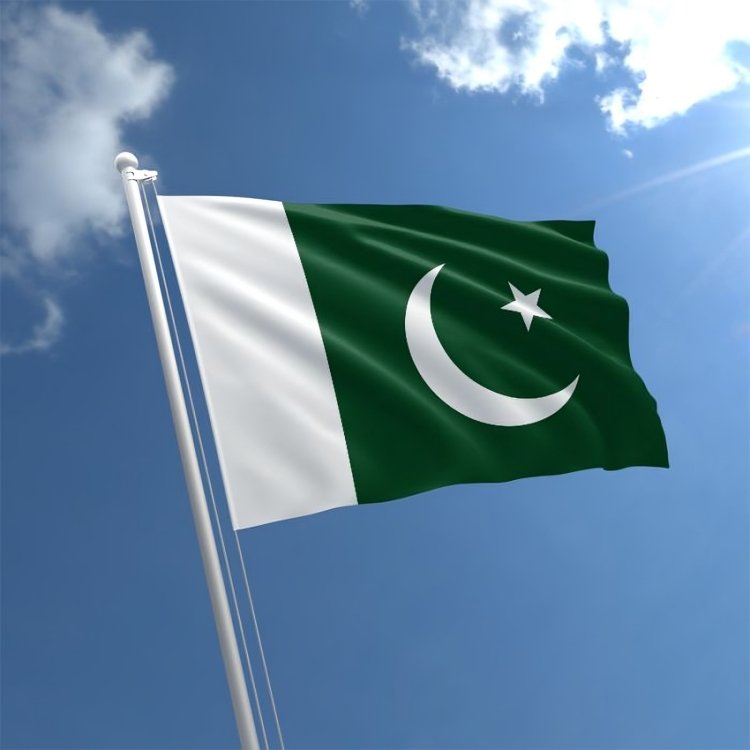PAKISTAN: In Pakistan’s political landscape, a longstanding belief has existed that the army and the United States hold significant sway in determining who holds power. This influence has been evident in various periods of Pakistan’s history, where military coups, shifts in foreign policy, and international relations have played a pivotal role in shaping the country’s leadership. The army, often seen as the most powerful institution in Pakistan, has repeatedly intervened in political matters, sometimes installing military rulers and at other times exerting control behind the scenes.
The United States, as one of Pakistan’s key allies, has also been a significant factor in influencing Pakistan’s political sphere. Through foreign aid, military cooperation, and diplomatic engagement, Washington has had the leverage to support or oppose political leaders, further reinforcing the perception of external forces having a hand in Pakistan’s political affairs. This relationship has evolved over time, with varying degrees of tension and collaboration, but consistently impacting the trajectory of the country’s governance.
While the military’s direct involvement in politics has been more overt, the United States’ influence has often been more subtle, but no less impactful. American foreign policy, particularly in the context of the War on Terror, has shaped Pakistan’s political environment by offering military and economic assistance, which in turn has influenced the direction of the country’s leadership. Political figures in Pakistan often find themselves navigating this complex relationship, balancing the interests of the military and the expectations of their American counterparts.
This power dynamic has created a unique and sometimes fragile political situation in Pakistan, where leaders may rise to power with the backing of either the military or the United States, but the political reality remains one where their authority is often contingent upon the support or tolerance of these powerful forces. The constant interaction between Pakistan’s domestic politics and its international alliances continues to shape the nation’s future in profound ways.



